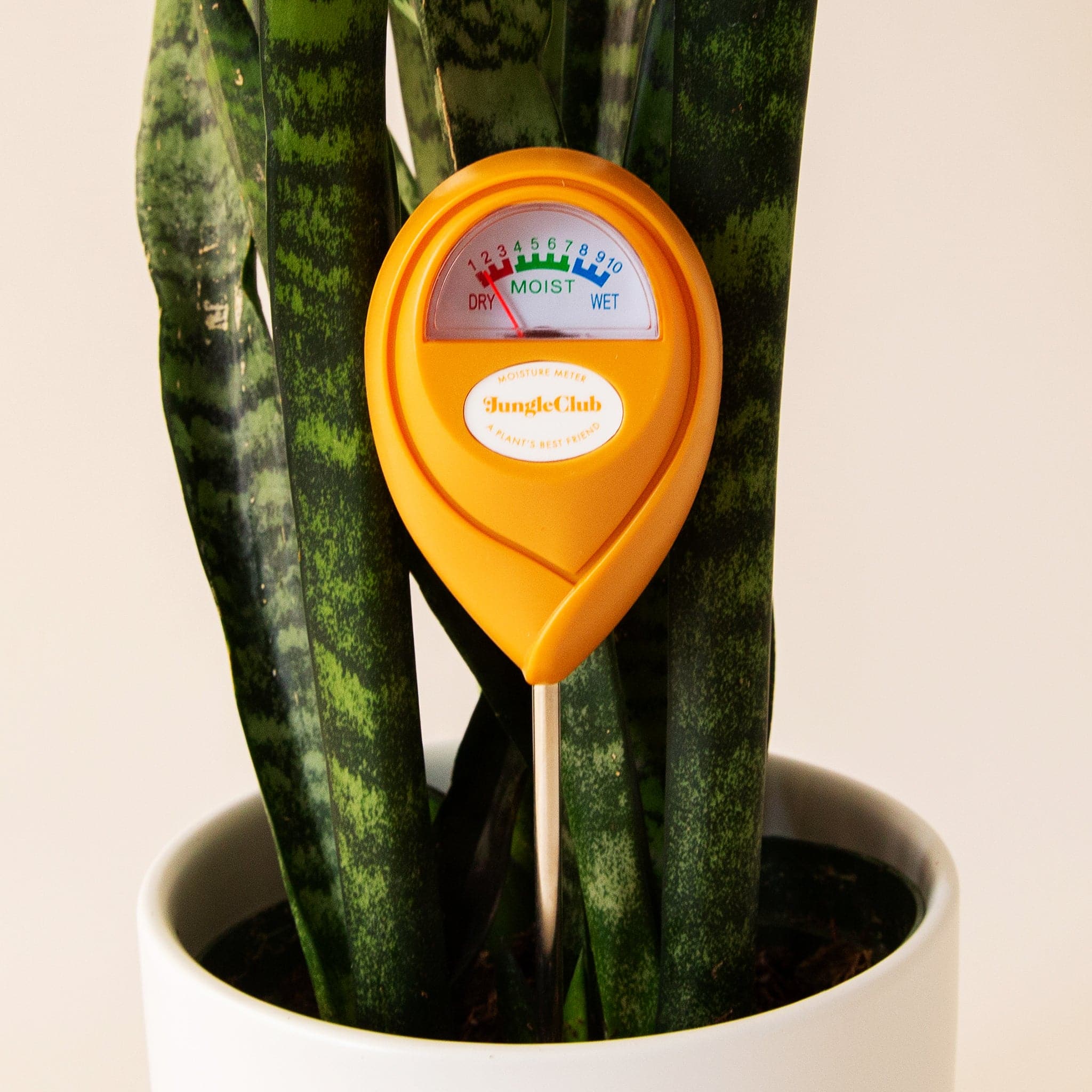Moisture Meter Reviews: Contrasting the most effective Versions for Specialist and DIY Use
Moisture Meter Reviews: Contrasting the most effective Versions for Specialist and DIY Use
Blog Article
The Ultimate Overview to Moisture Meters: A Comprehensive Summary and Exactly How They Can Save You Cash
In the realm of structure maintenance, construction, and different markets, the relevance of precisely determining wetness degrees can not be overstated. Moisture meters serve as crucial tools in detecting and monitoring moisture web content in products, assisting in avoiding expensive damages and ensuring the quality of items. Understanding the nuances of different kinds of dampness meters, their applications, and the potential cost-saving benefits they use can be a game-changer for services and specialists alike. Uncovering just how these devices can not only simplify procedures but likewise add to economic cost savings is a journey worth starting.
Types of Moisture Meters
One typical type is the pin-type wetness meter, which gauges the electric resistance in between 2 pins put into a product. Pinless dampness meters, on the other hand, use electromagnetic sensing unit plates to check a larger area without causing damage to the material's surface area.
Infrared wetness meters determine the thermal homes of a material to determine its dampness material non-invasively, making them helpful for applications where pin or pinless meters may not be suitable. Comprehending the various kinds of moisture meters offered can assist markets select the most proper tool for their particular dampness measurement demands.

Benefits of Using Moisture Meters

Furthermore, using wetness meters can lead to raised power efficiency. In agricultural settings, moisture meters play an important role in optimizing plant returns by allowing farmers to monitor soil moisture levels and make educated irrigation choices.
Just How to Choose the Right Moisture Meter
Picking the ideal moisture meter includes thinking about vital elements such as material compatibility, dimension range, and calibration precision. When selecting a moisture meter, it's vital to make certain that the meter appropriates for the specific product you will certainly be testing. Different products have varying electrical residential properties that can affect moisture analyses, so selecting a meter developed for your material is important for accurate outcomes. In addition, consider the measurement series of the dampness meter. Guarantee that the meter can identify wetness degrees within the variety required for your applications. Calibration precision is one more important variable to remember (Moisture Meter). Opt for a moisture meter with dependable calibration to make sure constant and accurate readings. Some meters may require routine calibration modifications, so understanding the calibration process is essential. By meticulously evaluating these elements, you can pick a moisture meter that satisfies your requirements and gives accurate wetness measurements for your tasks.
Appropriate Methods for Moisture Meter Usage
To guarantee exact wetness analyses and make the most of the efficiency of a moisture meter, using correct techniques is necessary. When making use of a pin-type moisture meter, put the pins or probes right into the material being tested up until they make full contact. Ensure the pins are vertical to the surface to get the most accurate analysis. For pinless dampness meters, hold the gadget level against the material and relocate slowly to cover the entire area for find out here now an average analysis. It's crucial to calibrate the wetness meter according to the material being examined to boost precision. Take numerous readings throughout the surface area and ordinary them out for a much more reliable outcome. Additionally, guarantee that the product being tested is accommodated to the atmosphere to stop skewed analyses. Routine maintenance of the wetness meter, such as cleansing the pins or sensor, is likewise essential to ensure constant and accurate readings. By adhering why not try these out to these proper methods, individuals can count on their dampness meter to offer reliable dampness degrees, helping in avoiding expensive damages or making sure high quality in various applications.

Cost Savings With Moisture Meter Applications
Exactly how can the strategic usage of dampness meters lead to significant price savings throughout various sectors? In the farming market, moisture meters aid in establishing the optimal time for collecting plants, protecting against over-drying or excess wetness that can influence the final product's quality.

Additionally, in the food handling sector, dampness meters are crucial for keeping track of item quality and making certain compliance with security laws. By precisely measuring wetness web content in food products, producers can stop spoilage, maintain quality, and reduce waste, causing considerable cost savings. Generally, the tactical application of wetness meters is a beneficial financial investment that can lead to considerable expense reductions and improved performance throughout various sectors.
Conclusion
To conclude, dampness meters are beneficial tools for identifying and gauging moisture degrees in different materials. By utilizing the right dampness meter and adhering to appropriate strategies, individuals can efficiently prevent costly problems triggered by excess moisture. my response Buying a quality dampness meter can cause significant price savings in the long run by recognizing potential concerns at an early stage and making it possible for punctual remediation. Eventually, dampness meters are essential instruments for maintaining the honesty and longevity of materials and frameworks.
Moisture meters serve as vital devices in detecting and keeping an eye on moisture material in materials, assisting in stopping costly damages and making sure the high quality of products. Infrared dampness meters measure the thermal residential properties of a material to determine its dampness content non-invasively, making them useful for applications where pin or pinless meters might not be appropriate.Moisture meters offer very useful advantages in properly examining and checking wetness degrees in diverse products and settings. In agricultural setups, wetness meters play an important duty in enhancing crop yields by allowing farmers to monitor dirt dampness degrees and make educated watering choices.In conclusion, dampness meters are beneficial devices for determining and identifying dampness degrees in various products.
Report this page